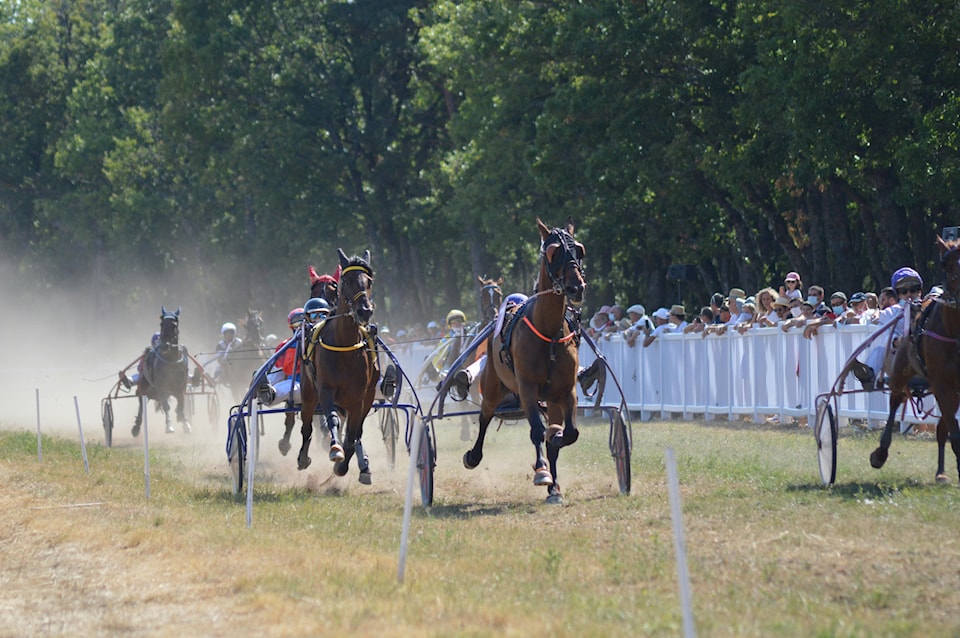As a kid, I grew up going to places like Marineland and my local zoo. These excursions were some of the happiest days of my childhood, connecting me with living beings beyond just humans. That may sound dramatic but stay with me.
I have always loved animals. Seeing creatures, which I had only encountered in books or on TV shows. Even the Marineland commercial jingle, with the image of a carnival ride ascending and a whale splashing, is etched into my memory. Every time it came on TV, I sang along gleefully.
But as I grew older, the enthusiasm shifted. My peers began whispering their own version of the jingle, everyone hates Marineland.
At that point, I hadn’t been to Marineland in years, but the collective disdain intrigued me. Curiosity led me to Google, where I uncovered a stark reality, the ethical concerns surrounding whales being taken from their natural habitats and confined for human entertainment.
This revelation hit me hard at age 11. What seemed like a carefree childhood memory became tainted by the knowledge of cruelty behind the scenes. Whales at Marineland, and other similar parks, live drastically shorter lives in captivity compared to the wild, where Orcas, for instance, can live up to 80 years. In captivity, many don’t make it past their 20s.
Marineland is an easy target for criticism because its practices have been widely exposed, but this realization made me question other forms of animal entertainment, including zoos.
While some zoos focus on rehabilitation, not all animals in captivity fall under this category. Considering the broad spectrum of climates animals come from, we expect them to coexist in a Canadian zoo. How is it acceptable for a polar bear and a tiger to live in the same proximity where temperatures can be wildly inappropriate for either?
My growing fascination with environmental and ethical issues in high school led me to take an environmental science elective. That’s where I learned about coral bleaching, ocean conservation, and the devastating effects of removing marine life from their habitats. Studies estimate that more than 10 per cent of fish taken from the ocean die during transportation to aquariums, a jarring statistic that stuck with me.
I had just visited Ripley’s Aquarium and this information hit like a brick. I couldn’t believe I’d participated in something that so clearly went against my morals.
Since then, I haven’t returned to an aquarium, but the issue of animals as entertainment continues to occupy my thoughts. Take the use of animals in movies, for instance. While some productions employ animal coordinators to ensure safety, incidents still arise.
The film A Dog’s Purpose, for example, faced backlash after footage surfaced of a dog being forced into a water scene it was visibly uncomfortable with the idea. The controversy highlighted a troubling double standard: society tends to protect animals we view as pets, like dogs, while turning a blind eye to others.
When I moved to Toronto, I encountered new forms of animal entertainment I hadn’t previously considered. The Toronto Zoo and Ripley’s were still prominent, but Woodbine Racetrack introduced me to horse racing.
Friends invited me to watch a race, and I questioned my morals. Horses are racing animals, I thought. My dad and I used to watch the Kentucky Derby together, so what is the harm now?
Seven horses recently died at Woodbine, sparking an investigation by veterinarians for the Ontario Alcohol and Gaming Commission, the overseeing body of the province's horse racing. Not all the deaths were related to racing but new rules were established for the care of the race horses.
I also thought it’s not natural for horses to be flown around the world, bred selectively and pushed to their physical limits for us to bet on. Horse racing contributes to high injury rates, one study found that almost two racehorses die every 1,000 starts in the U.S. alone. These fatalities are often the result of overexertion or pre-existing injuries.
For me, this solidified my belief: animals shouldn’t be used for entertainment, ever. Owning and caring for a horse, or even riding one, can be ethical. But placing bets, treating them as commodities, and transporting them unnaturally for the sake of a spectacle? That’s not okay.
This is something I think more people should consider when putting money into these industries, and who benefits. I don't know if systemic change will ever happen if consumers keep showing the demand and want for these types of entertainment.
However, considering the flip Marineland has had and the growing demand for zoos to focus more on rehabilitation, hope is not lost.
As I continue to think critically about these animal conditions and the entertainment I once enjoyed, I feel a responsibility to advocate for more ethical interactions with animals. It’s not just about feeling good, it’s about doing better.



